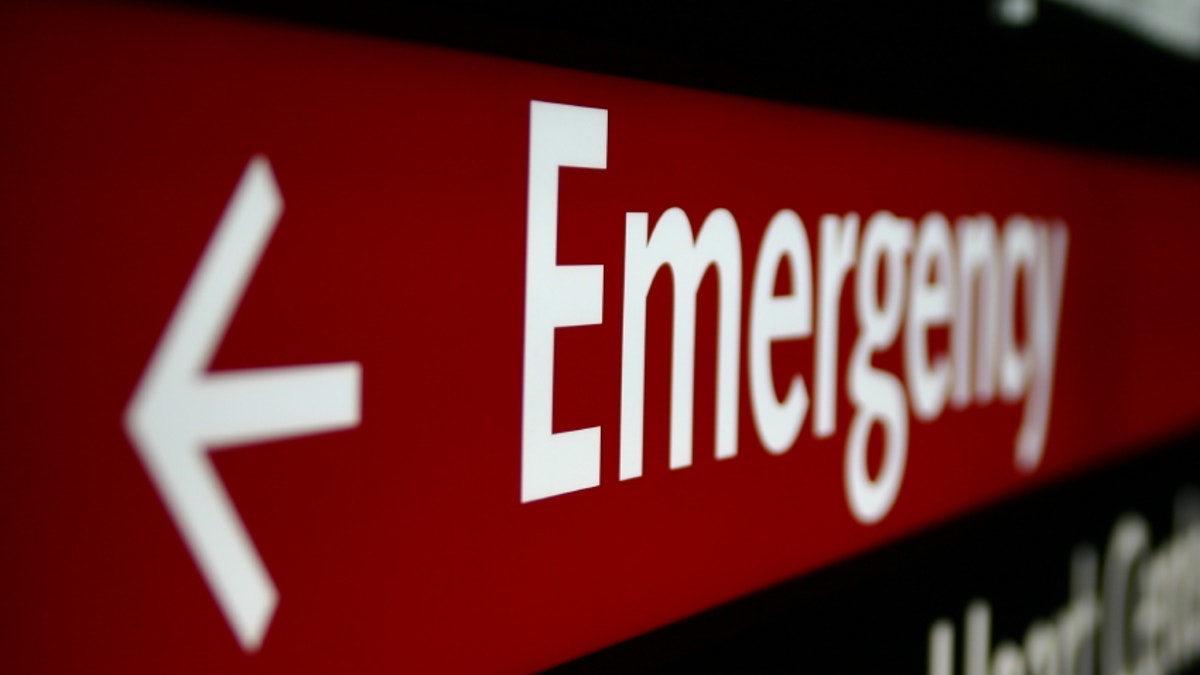
Women suffering symptoms of a heart attack are more likely than their male counterparts to dial 911 - but there's a lot of room for improvement for men and women, alike, a new study finds.
It's estimated that more than 1 million Americans suffer a heart attack each year, and about half of them die.
To boost your odds of survival, experts say you should call 911 at the first signs of possible heart attack symptoms - which include pain or a squeezing sensation in the chest; trouble breathing; pain in the arms, shoulders and neck; dizziness or lightheadedness; and nausea or vomiting.
"I think you should have a low threshold for calling," lead researcher Dr. Jonathan D. Newman of Columbia University Medical Center in New York told Reuters Health. "Rather than ‘watching and waiting.'"
In the new study, Newman and his colleagues looked at how often New Yorkers with heart symptoms called 911. They found that among 184 heart attack sufferers, women were more likely than men to call: 57 percent did, versus 28 percent.
But both men and women typically failed to dial 911 for symptoms of unstable angina - unexplained chest pain that doesn't go away with rest, or may even get worse. The pain is caused by reduced blood flow to the heart, and it could signal an impending heart attack.
The findings, reported in The American Journal of Cardiology, are based on 476 patients who either arrived at the Columbia ER or were transferred to the hospital from a nearby center.
Overall, 61 percent ended up being diagnosed with unstable angina, and 39 percent with a heart attack.
Among 292 people with unstable angina in the new study, only 15 percent of women and 13 percent of men called 911.
It's not clear how everyone else got to medical attention - whether they hopped on the subway or hailed a cab, according to.
But the bottom line, he said, is that anyone with possible heart attack or unstable angina symptoms should call. Getting treatment quickly is key, he noted. And if you call an ambulance, paramedics can begin your treatment en route to the hospital.
Atypical symptoms
It's unclear why female heart attack victims appear more likely to call 911, Newman said.
Women, he noted, are more likely than men to have so-called atypical heart attack symptoms - like unexplained shortness of breath, nausea or weakness. They're also more likely than men to have no chest pain at all.
Given that, you might expect women suffering a heart attack would call 911 less often than men, Newman pointed out. But that's not the case.
Newman's team did find that the gap between men and women was concentrated among people younger than 65. That is, relatively younger women were more likely than their male counterparts to call 911.
"We don't have a clear reason for that," Newman said.
He speculated that younger women might find symptoms like chest discomfort or breathlessness more alarming than older women do.
"Younger women may be less likely to see these symptoms as a part of aging," Newman said.
Since the patients were all New Yorkers, the figures may not be true of all Americans, according to Newman.
But, he and his colleagues write, the findings do suggest that people need more education on when to call 911.
"Heart attack symptoms can vary," Newman said. "It doesn't have to be the classic ‘clutching your chest in pain.'"
